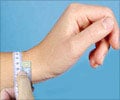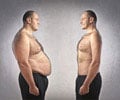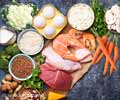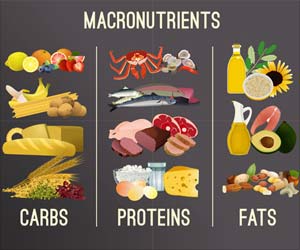Weight Gain vs Healthy Eating
The high GI foods are rapidly converted into glucose in the intestine and are as quickly absorbed into the bloodstream. This causes a rapid increase in the levels of insulin produced thus decreasing blood glucose levels, which consequently result in the body’s tissues and brain being actually starved of energy. The brain sends out hunger signals for another quick fix meal to replenish the glucose stores. Then the rapidly fluctuating glucose and insulin levels lead to excessive calories being consumed, which have no place to go except to be stored in your body’s fat cells. This invariably leads to excessive weight gain.
The increased insulin levels that are needed to fill the cells with sugar also inhibit the production of a muscle protein called glucagon which signals the body fat cells to burn stored fuel when the blood glucose levels fall below a critical level. Since this production of glucagon is inhibited, the fat cells store more fat (in the form of triglycerides) instead of burning fat for the production of energy.
As a result less energy is produced and more fat is stored. Therefore, the sudden spikes in blood sugars and insulin levels promote fat storage. Due to a constant trigger to secrete insulin the pancreatic cells get burnt in the long run and hamper the release of insulin. As a result insulin insensitivity is established and diabetes sets in.
Regularity, balance and moderation is the key to healthy eating.
Regularity in meal consumption is very essential for weight loss to occur. One should eat 5 to 6 small frequent meals. This would further help in proper distribution of calories and also keep up the energy levels so that subsequent overeating in the next meal is prevented. Skipping meals results in loss of energy and eventually affects health and wellbeing. Fasting may reduce weight, but some of that weight is muscle and most of it is water, which is further damaging for the body.
Balancing food intake with conscious activity is most important. Energy expended has to be more than energy intake for weight loss to occur. In case you indulge in fatty and calorie-rich food once in a while, you should compensate for the same by putting in extra effort in terms of conscious activity or by managing other meals of the day.
Moderating your diet is also necessary if you want to lose weight. You must know the amount of food which satisfies your hunger. Getting the food portions right would assist you in losing weight more effectively.



































